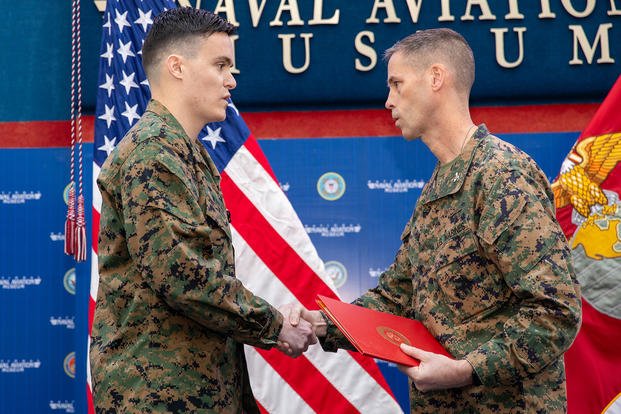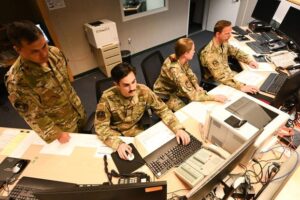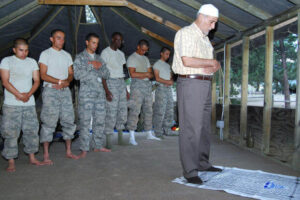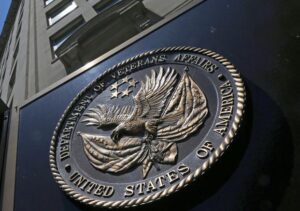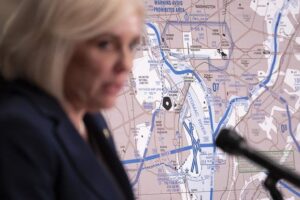Marines Survive Harrowing Osprey Crash During Training Exercise in Australia
In a gripping tale of bravery and quick-thinking, Marines aboard a V-22 Osprey faced a life-threatening crash during a training mission on August 27, 2023. The exercise, a collaboration with the Australian military, took place over a remote island north of Australia’s mainland. This was just weeks before the Marines were scheduled to conclude their rotation in the Pacific.
Leading the mission was Capt. Joshua Watson, who was tasked with seizing two airfields on Melville Island. He was aboard one of the two Ospreys, call sign Dumptruck-12, trailing the lead aircraft. As the Ospreys neared their target, an airfield dubbed “Cheetah,” a near-collision led to a catastrophic series of events.
“I didn’t have any thought or indication that something was going wrong until I heard ‘brace for impact,'” Watson recounted. The pilots, Capt. Eleanor LeBeau and Maj. Tobin Lewis, attempted to control the fuel-heavy aircraft, which began a catastrophic nose dive. Both pilots perished in the attempt, but their actions ensured the survival of 20 other passengers.
Cpl. Spencer Collart, who survived the initial impact, returned to the burning wreckage to save the pilots, sacrificing his life. He was posthumously awarded the Navy and Marine Corps Medal for his valor (source).
Watson, who also received the same award for his post-crash actions, described Collart as having an “absolute phenomenal attitude,” capable of energizing the entire company of 108 infantry Marines. As the Osprey crashed and skidded 200 feet, Watson’s first thought was simply, “I’m alive.” Despite his broken ankle, he guided his fellow Marines to safety.
In the immediate chaos, Watson organized a swift evacuation, ensuring all Marines exited the burning aircraft. “Leave everything and get out the back,” he instructed, later recounting his actions in a detailed first-person account (source).
While the crash claimed the lives of LeBeau, Lewis, and Collart, Watson’s leadership and quick-thinking facilitated the survival of the majority. He coordinated with rescue helicopters and directed his fellow Marines to tend to the injured a mile away at their intended airfield.
Reflecting on the ordeal, Watson credited rigorous training and preparation as key factors in their survival. “You fall to your level of training, you don’t rise to the occasion,” he noted. Now stationed at Naval Air Station Pensacola, Florida, Watson is pursuing his dream of flying rotary-wing aircraft.
“There’s no book answer for a lot of these questions,” he concluded. “But [it was] training, experience and the trust in everyone that really got us to the answers.” These principles, ingrained in every Marine, proved vital in navigating one of the most challenging moments of their careers.

